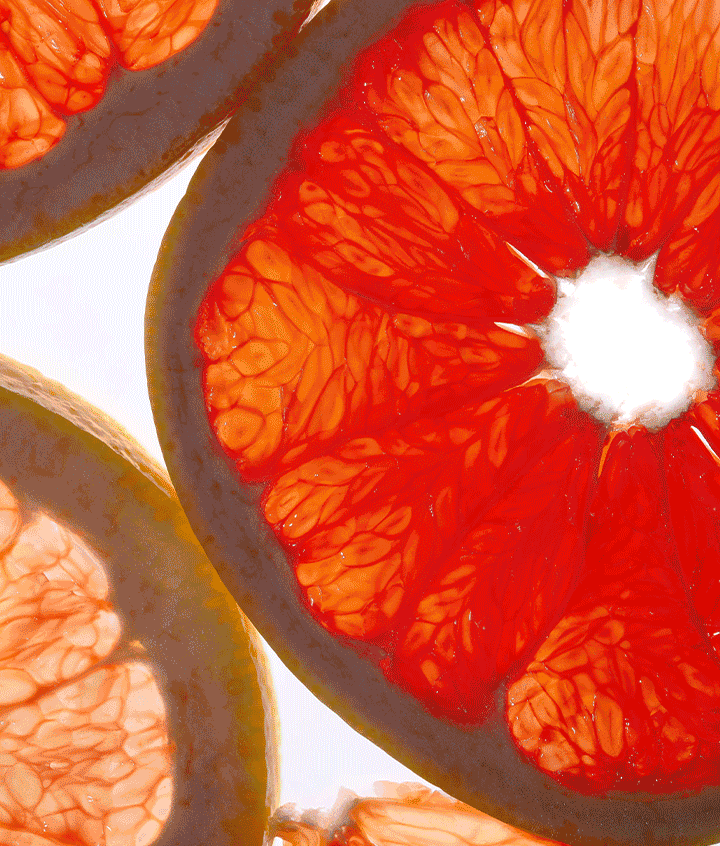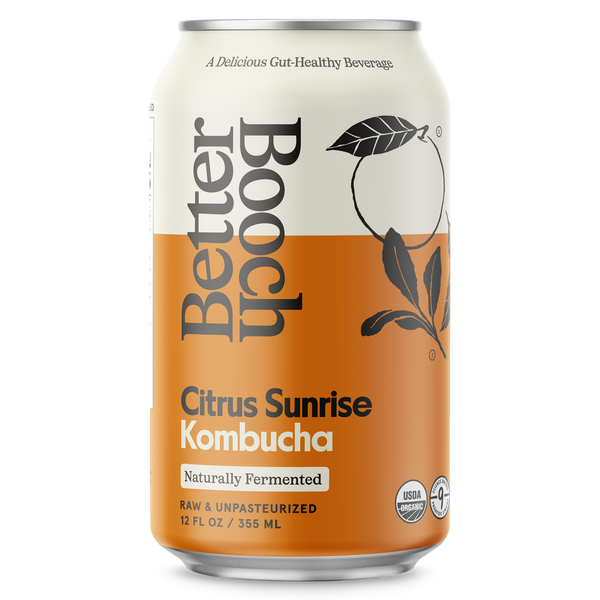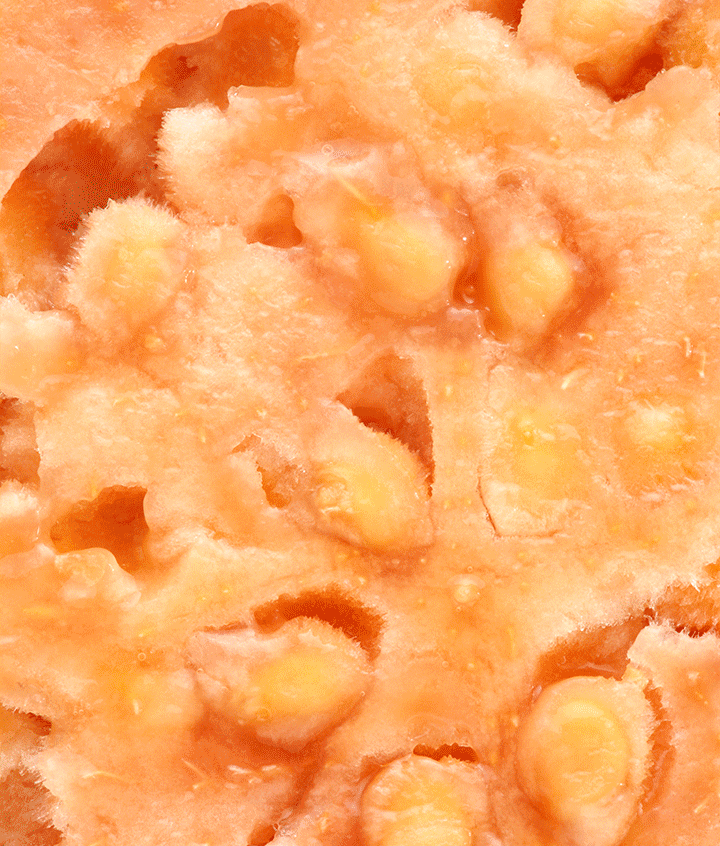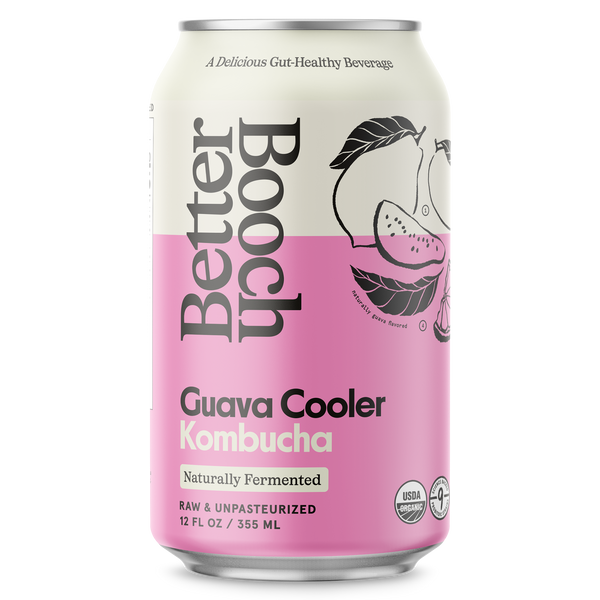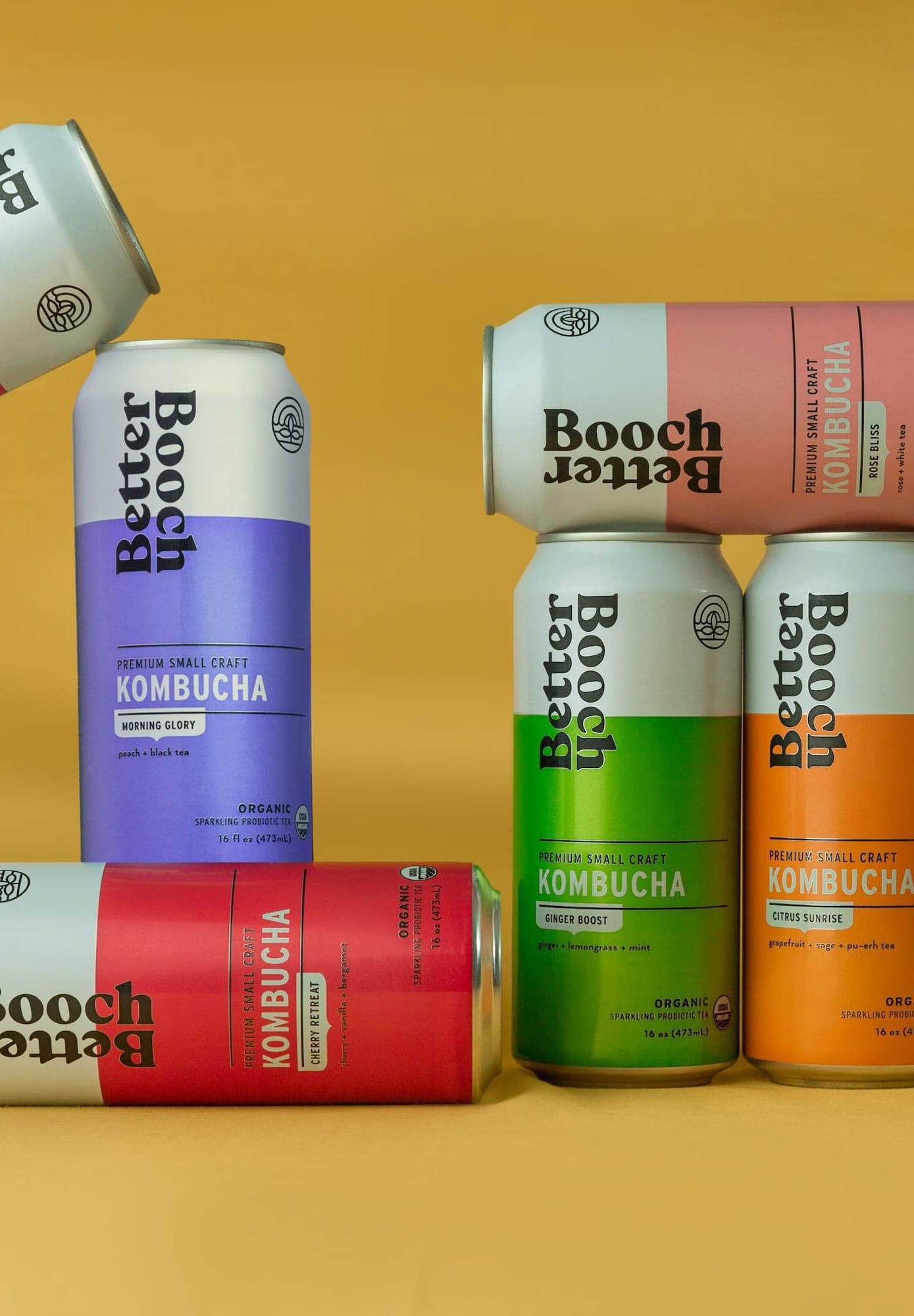(Because the Last Thing We Need Is More Stress)
Running late to a meeting. Hitting creative roadblocks. Having a restless night of sleep (or several, because we have a little one). The things that trigger stress, and leave us feeling unbalanced, come in all shapes and sizes. So, we went on a mission to learn some ways to reduce stress in a holistic way.
From a breathing exercise we can do in the moment, to mindfulness based stress relief, to a naturally-occurring ingredient that can lower anxiety, in this article we’re all about achieving maximum chill.
1. Use this breathing technique in the moment
Certified yoga teacher, Margaret Woodfield shared the 4-7-8 Breath to Beat Stress, which is a simple tool that can be used almost anywhere stress and anxiety strike.
Here’s how to practice the 4-7-8 Breath to Beat Stress:
- Begin by finding a comfortable seat in a chair, or lay down on the floor, finding a supportive position.
- Relax your jaw, and bring your tongue gently behind your front teeth.
- Breathe in through your nose for 4 seconds.
- Hold your breath for 7 seconds.
- Take 8 seconds to exhale all of the air out of your lungs until they are empty.
- Begin again, breathing in through your nose for 4 seconds. Holding for 7 seconds. Release through your nose for 8 seconds.
- Take a total of 10 rounds of breath, or until you feel a sense of calm.
This breath is shown to quiet your sympathetic nervous system – think, fight or flight response – and has proven to help lower cortisol levels (that pesky stress hormone).
2. Let’s talk mindfulness based stress reduction methods
Certified meditation instructor Kama Hagar had some great suggestions on ways to reduce stress like Earthing, the practice of kicking off your shoes and standing on the raw earth to absorb the calming negative ions of nature. It is scientifically proven to help us sleep better, feel less physical pain, and relax the mind and body. Slowing down and connecting to nature in this way is so therapeutic.
Use a mantra. Mantra translates to mind-instrument in Sanskrit and that is exactly what it is: a tool for the mind. Using mantra can be helpful to anchor into the present moment and out of ruminating thought.


3. Practicing yoga is amazing, but these two poses, in particular, can really help
Kama also suggested practicing inversions for stress-relief and holding poses like headstands or downward-dog. According to Yoga Journal, when one comes down from Headstand, one often feels clearer and calmer. The common assumption is that Headstand floods the brain with freshly oxygenated blood, and the brain is refreshed.
If doing headstand seems too advanced, any pose where the head is below the hips will help you access a similar sensation of relief and calm.
4. Get grounded to ease tension
“Getting grounded is a great strategy to ease tension and anxiety in a holistic way,” says Antoinette Beauchamp, co-founder of One And Many. Which we have definitely found to be true for ourselves. Finding a way to reground ourselves and practicing mindfulness always helps us feel a little bit better. So we asked Antoinette for some of her favorite grounding techniques, because we really wanted to take notes.
Grounding Techniques to Ease Anxiety:
- Create a sacred space (or multiple!) in your home. Fill it with things that bring you ease.
- Get some fresh air and go for a walk. If there’s sunshine, soak it in!
- Stay still; linger in bed in the mornings if you can. Meditate there, journal there, and breathe there before you jump out to start your day.
- Meditation is a great way to root into the present moment and ease anxiety.
- Choose (or create!) a playlist that reminds you of good times and listen to music that triggers a positive memory.
- Walk barefoot and think of walking around barefoot as moving meditation.
- Get up and stretch your body throughout the day.
5. Incorporate this naturally-occurring ingredient that can reduce stress
We can’t forget about the gut-brain connection. Our brain is connected to our gut through several different ways including our nervous system, neurotransmitters, and gut microbes. The gut so closely resembles the brain that it’s sometimes referred to as the “second brain”. And because this connection is so strong, when we get stressed we can trigger a reaction in our gut (or vice versa).
According to Harvard Medical School, research has found that probiotics may help boost mood and cognitive function and reduce stress and anxiety. Fermented foods like sauerkraut, kimchi, kefir, and (some) kombucha are great sources of probiotics. Unfortunately, not all kombucha on the market is brewed to preserve the naturally-occurring probiotics that come from fermentation. Kombucha that’s been pasteurized harms the rich ecosystem of probiotics that comes with fermentation, so powdered probiotics are added after the fact. Truly raw and live kombucha, like Better Booch, is packed full of probiotics, yeast, and enzymes that are preserved so they have the most benefit to your body.
Don’t stress if it takes time
There is no one-size-fits-all way to reduce stress. Experiment until you find something that works for you and take your time. Because the last thing you need is more stress.
